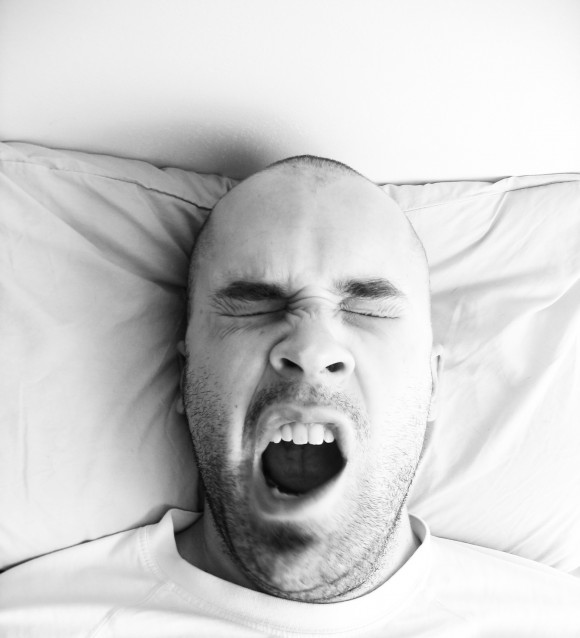Sleep deprivation: the true cost

Source Flickr
“Get eight hours sleep a night.” “Turn off your laptop an hour before going to sleep.” We’ve all heard these quotes at some point in our lives; they are, after all, the best proven ways of being able to get through a day.
Be that as it may, have you ever thought about why we are lectured time and time again about getting a decent night’s sleep? There are tons of benefits of getting between seven and nine hours sleep a night, but here’s the frightening bit… there are a lot of side affects to not getting enough rest, too.
Naturally, some people need more sleep than others; it is recommended by the Sleep Foundation that an adult between the age of 26 and 64 years old manages to get between seven and nine hours sleep. But do you know the real side effects of not getting enough sleep aside from the obvious tiredness? We don’t want to scare you, but here’s the cold, hard truth of the matter…
Lack of sleep ages you, externally
According to WebMD, one of the most common and depressing side effects of not getting your recommended amount of sleep each night is that it ages your skin. A lack of sleep results in the body releasing more of the stress hormone, cortisol, excessive amounts of which can break down skin, helping it to lose its elasticity and appear dull and wrinkled. Most people have fine laugh lines around their eyes; indeed, most people have bags under their eyes in various degrees, but why make the problem even worse by not getting enough hours’ sleep?
Lack of sleep can lead to heart disease
Scientists claim that getting a good night’s sleep could halve your chances of dying from cardiovascular disease. Whether you are a smoker, young/old, obese, whatever, people who don’t catch enough z’s a night are at a higher risk of catching this disease. Although the link between heart problems and sleep deprivation are not entirely clear, researchers have gathered that a lack of sleep affects blood pressure, glucose metabolism and inflammation.
Lack of sleep increases your risk of a stroke
Researchers from the University of Alabama have discovered that, from a research project that followed 5,000 people and their sleep patterns, people of a healthy weight who slept for less than six hours a night had a higher risk of stroke symptoms such as difficulty in speaking or understanding and walking. Their research also suggested that depriving your body of sleep can lead to other stroke risk factors like obesity and high blood pressure.
Lack of sleep can result in diabetes
As well as a risk of obesity, not enough hours of hitting the hay can additionally lead to an increased risk of diabetes. In 2007 the University of Chicago conducted a study which found that “partial sleep loss may increase the risk of obesity and diabetes via multiple pathways.” Your body’s ability to handle the glucose load becomes defective after just one night of sleep deprivation. This problem, along with appetite hormones, has been linked to diabetes.
Lack of sleep can kill you
There is a delicate balance act going on in this final point, as regularly getting both too little and too much sleep have been linked to an early death and strokes. This risk is particularly high in men who suffer from sleep apnea.
The moral of the story is…
If you snooze, you don’t always lose! Okay, now we have sufficiently scared the living daylights out of you about the possible effects of not getting enough sleep, it’s probably a good idea to round this off by mentioning that it’s not all doom and gloom.
For instance, did you know that getting between seven and nine hours sleep a night makes for an improved memory? A process called ‘consolidation’ is carried out while you sleep, which means you are able to ‘practice’ the skills you learned awake while you slumber; if you’ve got a driving test, exam or skiing competition coming up, we recommend hitting the sack at a reasonable hour. Furthermore, this will boost your levels of creativity.
On the outside, those nasty black circles under your eyes will be severely reduced, and it will help to stop more fine lines appearing around the eye area, too. For those on a diet, you are advised to go to bed earlier, as those who get enough sleep can lose more weight than those who deprive their body of enough rest – these people lose muscle mass, not fat.
These are just a few benefits from visiting the land of nod for the recommended amount of time each night; there are many others, too. So, what time will you be climbing the wooden hill to Bedfordshire tonight?

Comments